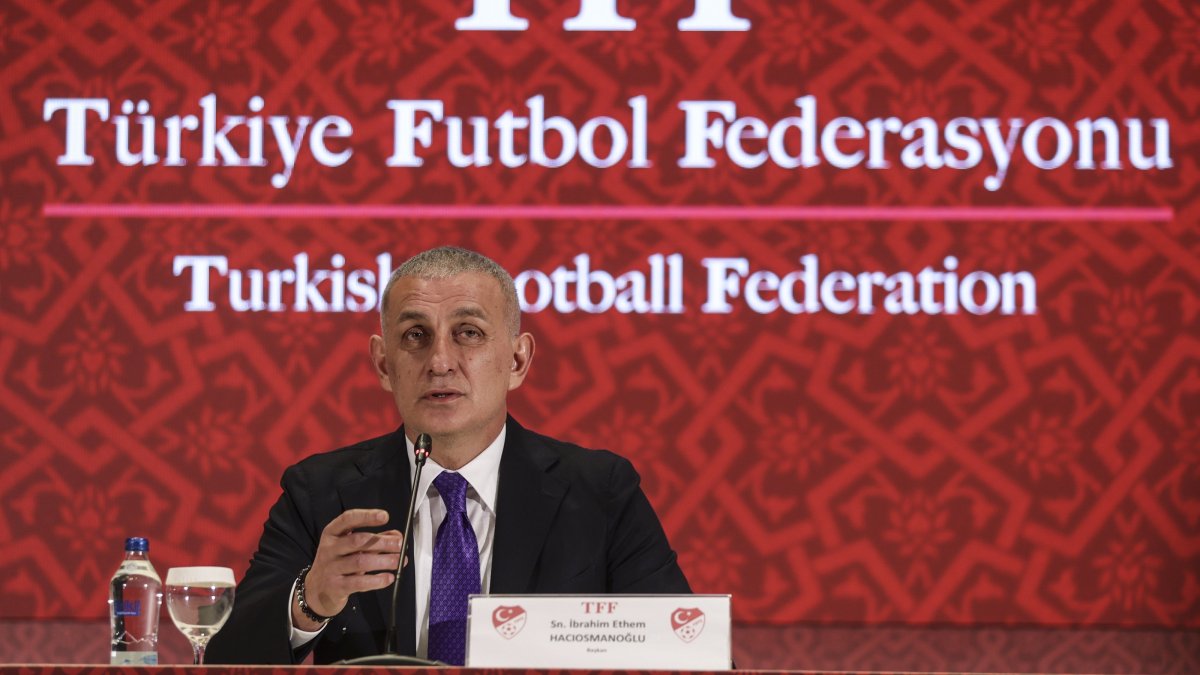Key questions behind Fifa's Saudi World Cup decision
FIFA has officially confirmed Saudi Arabia as the host nation for the 2034 Men’s World Cup, a decision that has sparked significant controversy due to the country’s human rights and environmental records. The selection process faced criticism for its rapid pace and perceived lack of transparency, especially after Australia, the only other potential bidder, withdrew, citing insufficient time to prepare a competitive bid. This left Saudi Arabia as the sole candidate, leading to concerns about the integrity of the bidding process.
The close relationship between FIFA and Saudi Arabia has also come under scrutiny. The kingdom hosted FIFA’s 2023 Club World Cup and has a lucrative sponsorship deal with Saudi state-owned oil giant Aramco. Additionally, there’s speculation that Saudi’s Public Investment Fund (PIF) might invest in DAZN, a streaming platform set to broadcast FIFA’s expanded Club World Cup.
FIFA’s evaluation report awarded Saudi Arabia’s bid an unprecedented average score of 4.2 out of 5, labeling it ‘medium risk’ for human rights and ‘low-risk’ for environmental protection. This assessment has been met with skepticism from human rights organizations and environmental activists.
The ratification process involved a round of applause from FIFA’s 211 member associations, rather than a traditional vote, limiting opportunities for dissenting voices to express opposition.
This decision has intensified debates about ‘sportswashing’—the use of major sporting events to improve a nation’s international image—and raised questions about FIFA’s commitment to human rights and environmental sustainability.






